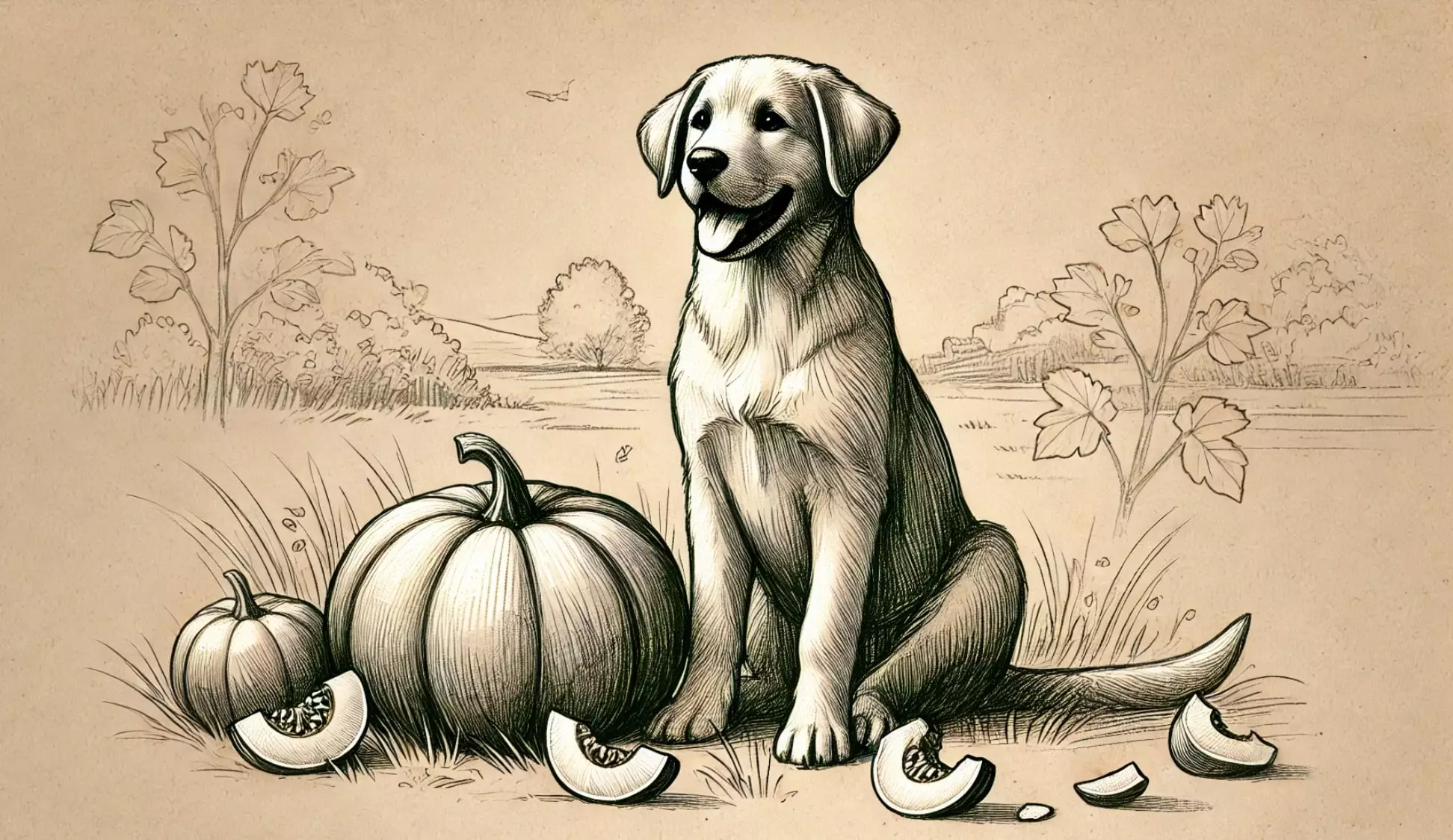As devoted dog owners, we often go above and beyond to ensure our furry mates not only thrive but also lead fulfilling lives well into their golden years. It’s widely recognized that a dynamic blend of exercise, regular vet visits, and grooming plays a pivotal role in maintaining a dog’s overall well-being. However, the significance of our food choices cannot be overstated; several common items found in our kitchens can significantly contribute to the longevity of our canine friends. Investigating these dietary opportunities reveals a treasure trove of unassuming pantry staples that bolster canine health when introduced thoughtfully and in moderation.
Pumpkin stands out as an exceptional addition to your dog’s diet. This vibrant orange gourd boasts an array of nutrients such as vitamins A, C, and B6, paired with a high fiber content. The presence of antioxidants further enhances its value by fortifying the immune system, thus acting as a shield against various diseases. Moreover, pumpkin aids digestion and can combat obesity by promoting a healthy weight, making it a beneficial food for dogs of all ages. Introducing cooked or canned pumpkin (without added sugars or spices) into meals may create an appealing treat that your dog will likely relish.
In the realm of superfoods, blueberries are truly a marvel. These small fruits are packed to the brim with antioxidants, leading to cellular protection that can be particularly beneficial for aging dogs. Their low-calorie nature makes them a fantastic treat for pets without compromising on nutritional quality. Moreover, their high fiber content can aid in digestion and weight management, promoting better overall health. Since these fruits can be offered fresh or frozen, they make an easy and delightful snack.
Notably crunchy and rich in beta-carotene, carrots serve as a dental-friendly treat for dogs, promoting both oral health and vision support. Chewing on whole or sliced carrots not only helps clean teeth but also satisfies your dog’s chewing instinct without leading to weight gain, as they’re low in calories. Incorporating this nutritious vegetable into your dog’s diet could result in impressive dental health and vitality.
Many dog owners may overlook dairy products, but plain Greek yogurt can be a great nutritional enhancement to a dog’s regimen. Known for its probiotic content, it supports digestive health by fostering a balanced gut microbiome. Being a good source of protein and calcium, Greek yogurt can also contribute to stronger bones and a healthier body. To ensure its safe consumption, always choose unflavored, sugar-free versions and introduce it gradually to observe how your dog responds.
Salmon, known for its abundance of omega-3 fatty acids, is powerful in combating inflammation and fostering a luscious coat. It is also beneficial in supporting cognitive function and heart health, particularly vital for mature dogs. Preparing salmon in a manner devoid of seasonings ensures its nutrients remain intact. Offering it as an occasional treat can introduce beneficial fats into your dog’s diet that help maintain their overall health and vitality.
Oatmeal emerges as another versatile staple, particularly for dogs with grain sensitivities. Rich in fiber, it can help regulate blood sugar levels and aid digestive health. When served plain and cooked, oatmeal can be an enriching addition to your dog’s meals. On the other hand, coconut oil, albeit should be used sparingly, can improve skin conditions and enhance coat quality while potentially offering cognitive benefits for older dogs when introduced wisely.
While the idea of enriching your dog’s diet with these pantry staples is promising, it is crucial to introduce any new foods carefully. Start slow, offering small servings and observing your dog for any signs of adjustment or allergens. Consulting with a veterinarian can provide personalized insights tailored to your dog’s dietary needs, particularly regarding portion sizes and any health conditions that necessitate caution.
While integrating these nutrient-dense foods into your dog’s diet holds promise for enhancing their lifespan, it shouldn’t eclipse the importance of maintaining a balanced diet anchored in high-quality dog food. Regular exercise and veterinary care are fundamental to your dog’s health. Remember that your beloved pet depends on you for their care, and the thoughtful introduction of these wholesome foods is a wonderful way to express your love and commitment to their well-being. Make nutritious choices, and you’ll be rewarded with years of lively companionship and joy.

